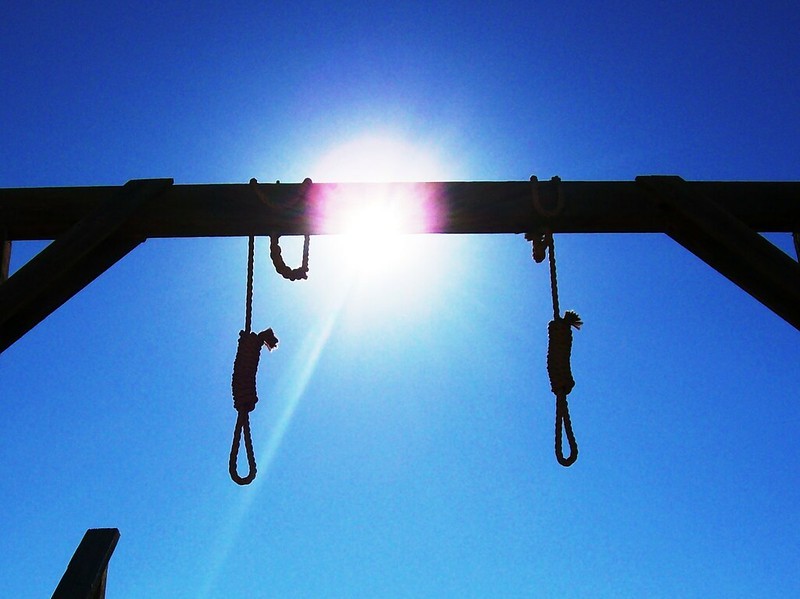The appeal came after Teheran executed two protesters on Saturday and sentenced another three to death on Monday.
Thousands have been arrested in the wave of demonstrations across the country after a young girl who was arrested and allegedly killed in September by the morality police because she did not wear her hijab in a proper way.
Iranian courts have since then sentenced 17 people to death after sham trials with no due process under charges such as “waging war on God” or “corruption on Earth.”
“Criminal proceedings and the death penalty are being weaponized by the Iranian Government to punish individuals participating in protests and to strike fear into the population so as to stamp out dissent, in violation of international human rights law,” U.N. Human Rights Commissioner Volker Türk said.
The practice “amounts to state sanctioned killing,” he added.
Still, the administration of Iran's leader Ayatollah Ali Khamenei is not showing signs of softening its stance towards the protests. Khamenei stated on Monday on national TV that the protesters had "set fire to public places and have committed treason with no doubt." Treason is punishable with death in Iran.
Human rights activists agree that the executions are an attempt to spread fear among the population to end the unrest.
“These executions are a key component of the regime's effort to suppress protests. We continue to work with partners to pursue accountability for Iran’s brutal crackdown,” said U.S. State Department spokesman Ned Price on Twitter.
Fatemeh Aman, senior fellow at the Washington-based Middle East Institute told OCCRP that everyone who was executed so far was accused without sufficient evidence and without the presence of lawyers.
“The number of executions is not high compared with that of early 1980s massacres of protesters, and the late 1980s mass executions of political prisoners,” she said.
“The world is monitoring and watching them now, and that is the key to keeping the number relatively low. Without international condemnation and involvement, the number would have been far higher,” she added.
However, the fact that Teheran continues to hang people despite international protests, “proves that the regime will not give up the power peacefully and easily. They could make a bloodbath should they find themselves losing power,” said Aman.



